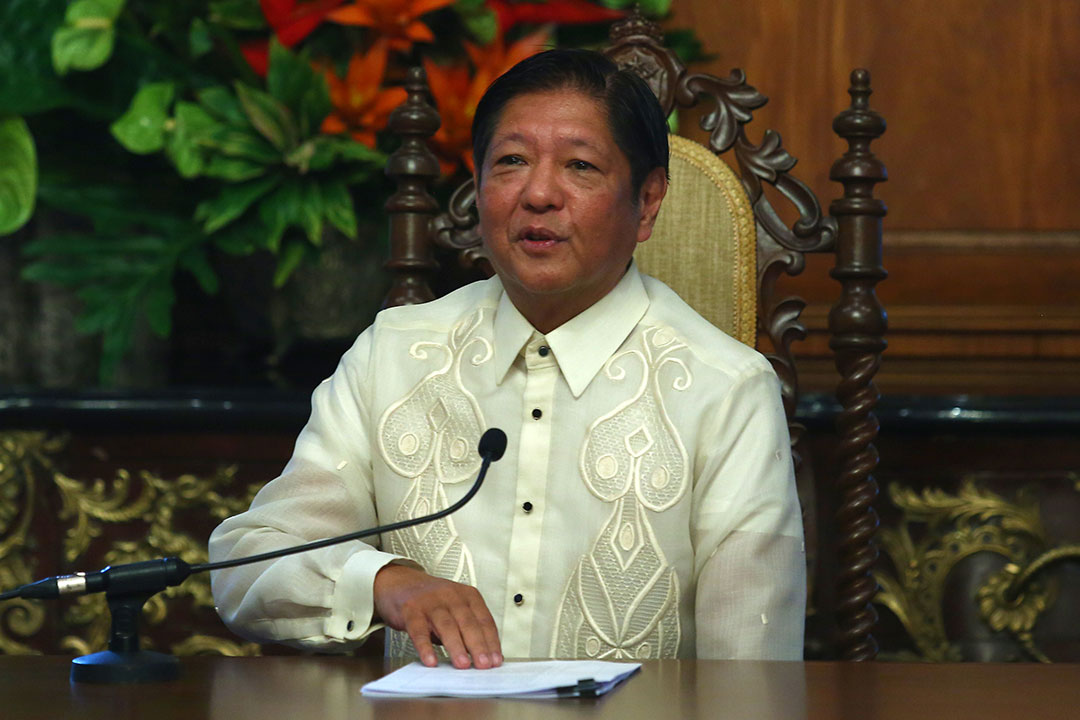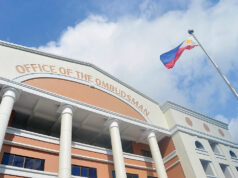Opposition Senate bets face arduous battle vs candidates from ruling party

By Kenneth Christiane L. Basilio, Reporter
OPPOSITION and independent senatorial candidates face an uphill battle in this year’s midterm elections as administration bets continue to dominate election polls, thanks to their political machinery and the fact that they are more popular, analysts said.
They would also find it more difficult to win Senate seats as the worsening Marcos-Duterte feud fuels partisanship among Filipino voters, they added.
“In Philippine politics, Senate elections are usually won by candidates with a high level of voter awareness,” Arjan P. Aguirre, who teaches political science at the Ateneo de Manila University, said in a Facebook Messenger chat. “Opposition candidates have super low voter awareness levels at this point, with less than 90 days before election day.”
 “It would be really impossible for them to catch up and be known more by the people, unless they have a ‘celebrity status’ or a deep ‘war chest,’” he added.
“It would be really impossible for them to catch up and be known more by the people, unless they have a ‘celebrity status’ or a deep ‘war chest,’” he added.
February election polls showed that at least eight senatorial candidates endorsed by President Ferdinand R. Marcos, Jr. are within the winning margin of the 12-seat Senate race.
“That’s consistent with the trend during midterm elections,” Cleve V. Arguelles, chief executive officer and president of think-tank WR Numero Research, told BusinessWorld in Filipino. “If you look back at previous midterm elections, the administration typically wins seven to nine candidates.”
Nine senatorial bets from the tickets of former Presidents Rodrigo R. Duterte and Benigno S.C. Aquino III won.
“We can attribute their good performance in the recent surveys to the political machinery and the enormous resources available to the administration coalition,” Dennis C. Coronacion, who heads the University of Sto. Tomas Political Science Department, said via Messenger chat.
“These give them an advantage over the opposition, who mostly rely on their personal resources in mounting a national campaign,” he added.
The administration’s Senate bets have been faring well in election polls due to their “individual strengths,” with many of them coming from political dynasties.
“Given that the [administration] candidates have reputations that grew independently from President Marcos, then we can deem their performance more as an approval of the Marcos administration’s return to normalcy than a translation of support for himself,” Anthony Lawrence A. Borja, an associate political science professor at De La Salle University, said in a Facebook Messenger chat.
“It is a return to politics that is not framed by the haphazard and off-the-cuff rantings of the chief executive, hence, less vulnerable to arbitrary power,” he added, referring to ex-President Rodrigo R. Duterte, who was swept to power in 2016 as a maverick, crime-busting mayor. As President, he upended Philippine foreign policy and launched a drug war that killed thousands.
Opposition senatorial candidates should start highlighting key issues affecting Philippine society, such as the education crisis and spiraling prices to steer the political conversation ahead of the May 12 elections, Mr. Aguirre said.
“This way, they can at least contribute to a more serious discussion about things that matter — topics that candidates should be talking about,” he said. “These are the things that I think opposition candidates can do to make themselves heard and noticeable.”
Up for grabs in the May 12 elections are more than 300 congressional seats and thousands of local posts. But the biggest battle will be for 12 spots in the 24-seat Senate, a chamber packed with political heavyweights and wielding outsized influence.



